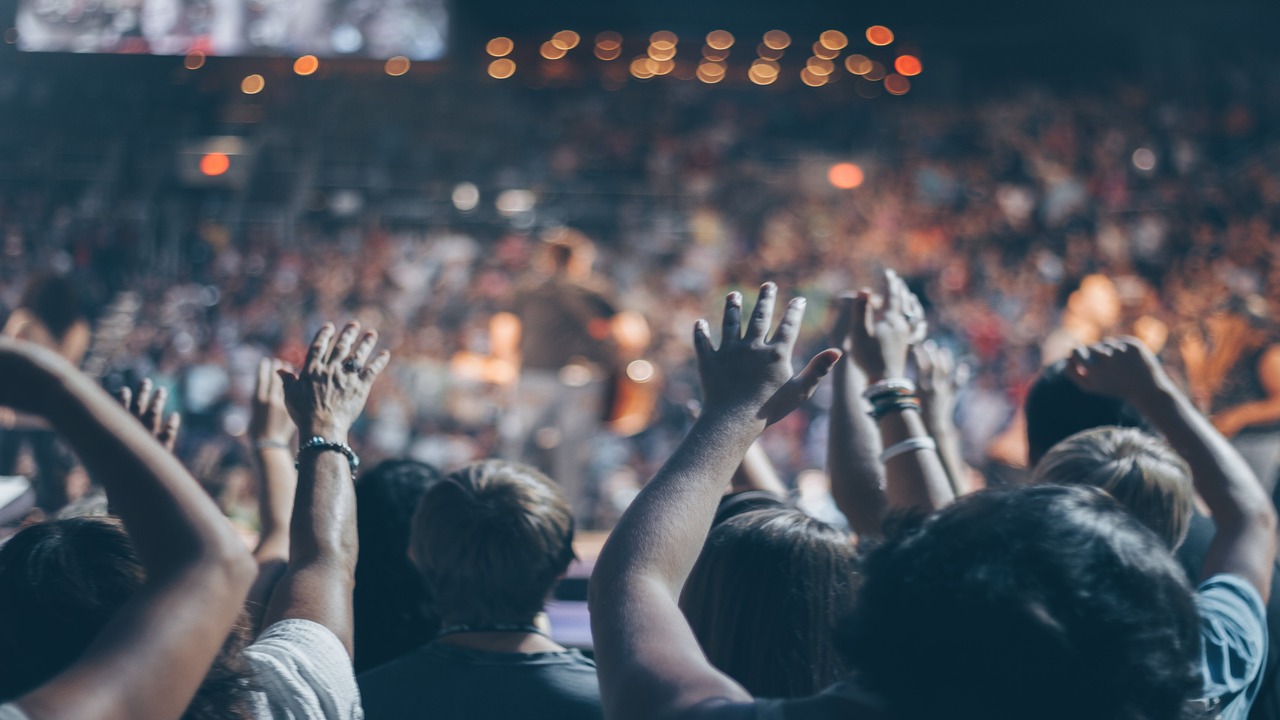Health, Australia (Commonwealth Union) – Loneliness is a pervasive human experience that can have profound implications for mental health. In a world more connected than ever through technology, the paradox of increasing loneliness persists, affecting individuals across age groups, backgrounds, and cultures. During the recent pandemic there was rapid shift towards just about everything online. Many online courses and working did see some success, however not all online experiences could be successfully recreated and fulfilling as a real one.
The events included virtual dance parties and online raves to virtual happy hours and potlucks, the era of COVID-19 witnessed a surge in online gatherings, serving as a lifeline for individuals seeking connection during lockdowns.
While the communal nature of festivals and events in physical spaces is well acknowledged for fostering social interaction, the impact of virtual gatherings on social wellbeing remained less explored. Researchers from Flinders University and the University of South Australia delved into the question of whether attending events virtually or in person makes a difference in terms of loneliness and social connectedness.
Their recently published study uncovered a significant correlation between attending face-to-face events and experiencing a sense of social connection. Results indicated that virtual events had minimal impact on social connection or alleviating loneliness.
Dr. Eliza Kitchen, the lead author and Tourism and Events Lecturer at Flinders University, remarked that these findings were expected, emphasizing that face-to-face events facilitate not only intentional social interactions but also the sensory elements like sights, smells, and sounds that are uniquely offered by in-person experiences.
Dr. Kitchen further indicated they recognize that in-person events like festivals can evoke feelings of inclusion, fostering a sense of belonging and attachment to a particular place. Establishing and sustaining social connections in an online environment is considerably more challenging, with limited opportunities for attendees to extend beyond their existing social circles.
In a survey involving 351 participants, over 40% reported attending one to three virtual gatherings in 2021, with music events, private parties, and online weddings emerging as the most popular, particularly among younger age groups.
Notably, 66% of respondents attended fewer events in 2021 than in 2019, underscoring the clear impact of COVID-19 on social activities.
The study also examined the influence of age, living arrangements, and relationship status on loneliness and social connectedness. Participants over 60 reported feeling the most socially connected and the least lonely, in contrast to those in their 20s and individuals not in romantic relationships, who reported higher levels of loneliness.
Dr. Sunny Son and Julia Jones, experts in tourism and event management at UniSA, concurred that while it is widely acknowledged that events facilitate social interaction and the chance to socialize with new acquaintances, there are still advantages to participating in events within a virtual space.
“Virtual events have wider reach and increased accessibility, and this is especially true for conferences, learning events and concerts,” Dr Son says.
“Virtual events also offer a perceived level of safety as people can choose how they interact with others and how they express themselves.”
Nevertheless, certain experiences defy replication in the online realm, as indicated by researchers in the study.
Jones noted that, taking into consideration, for instance, the sensory richness of attending a farmers’ market or a sporting event. The engaging elements that captivate our senses, such as the aroma of freshly brewed coffee or the electrifying atmosphere of a football game, are challenging to recreate in the virtual space.
“In-person events also break down people’s daily routines and offer them a distraction and a chance to experience something different. Virtual events see a blurring of the line between a person’s usual routine and the event. Virtual events are often attended from home, so the difference is reduced.”








